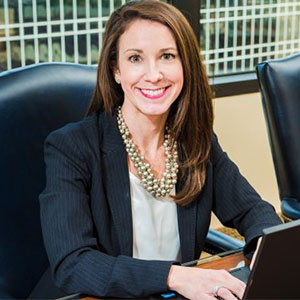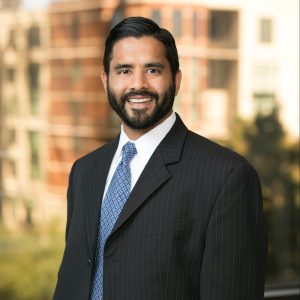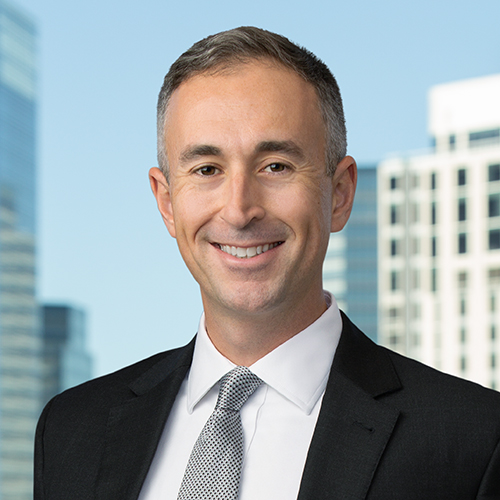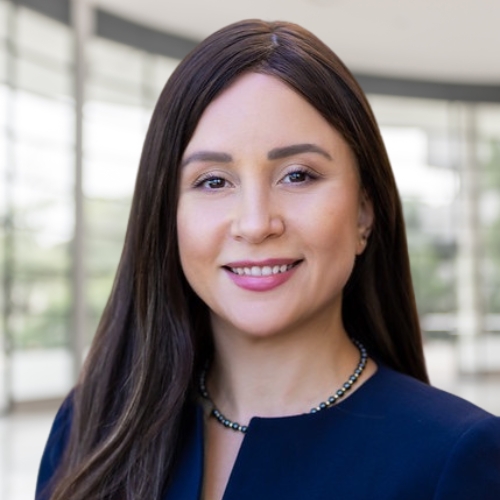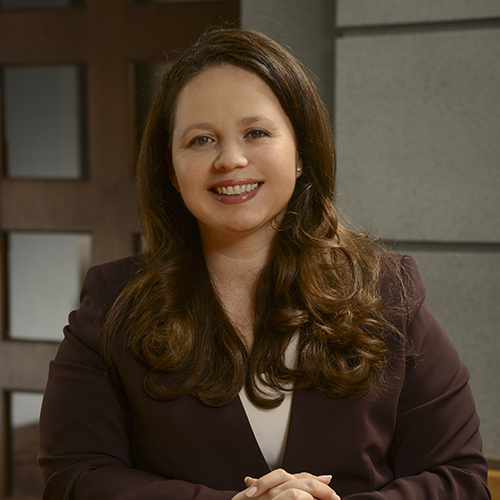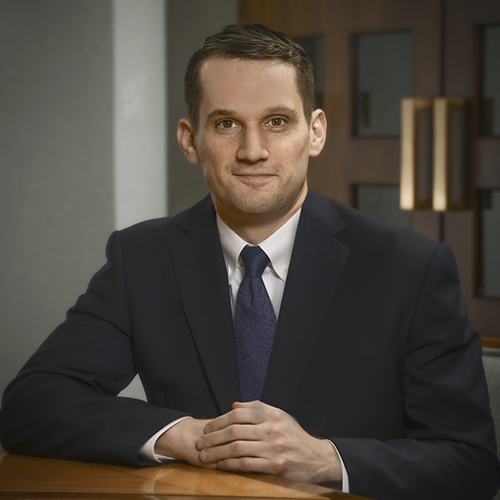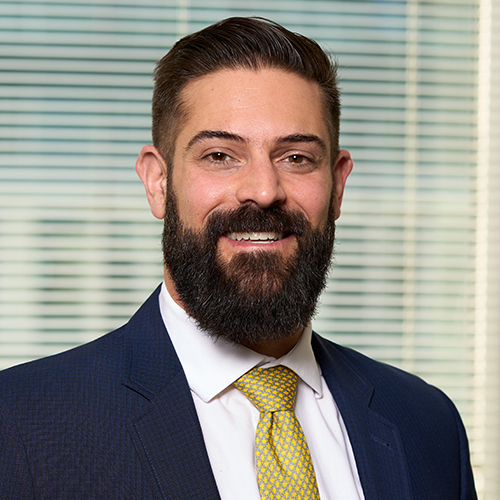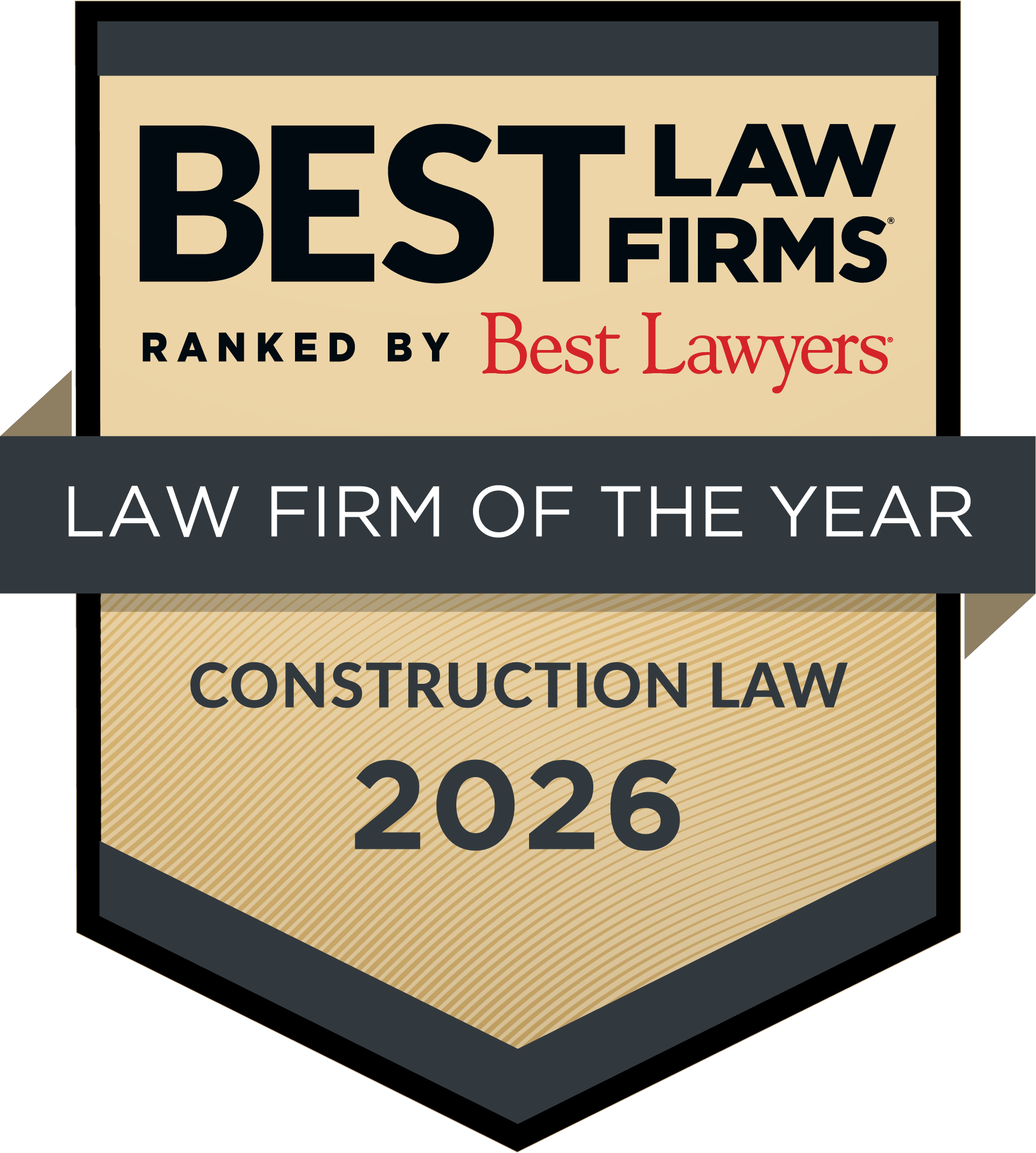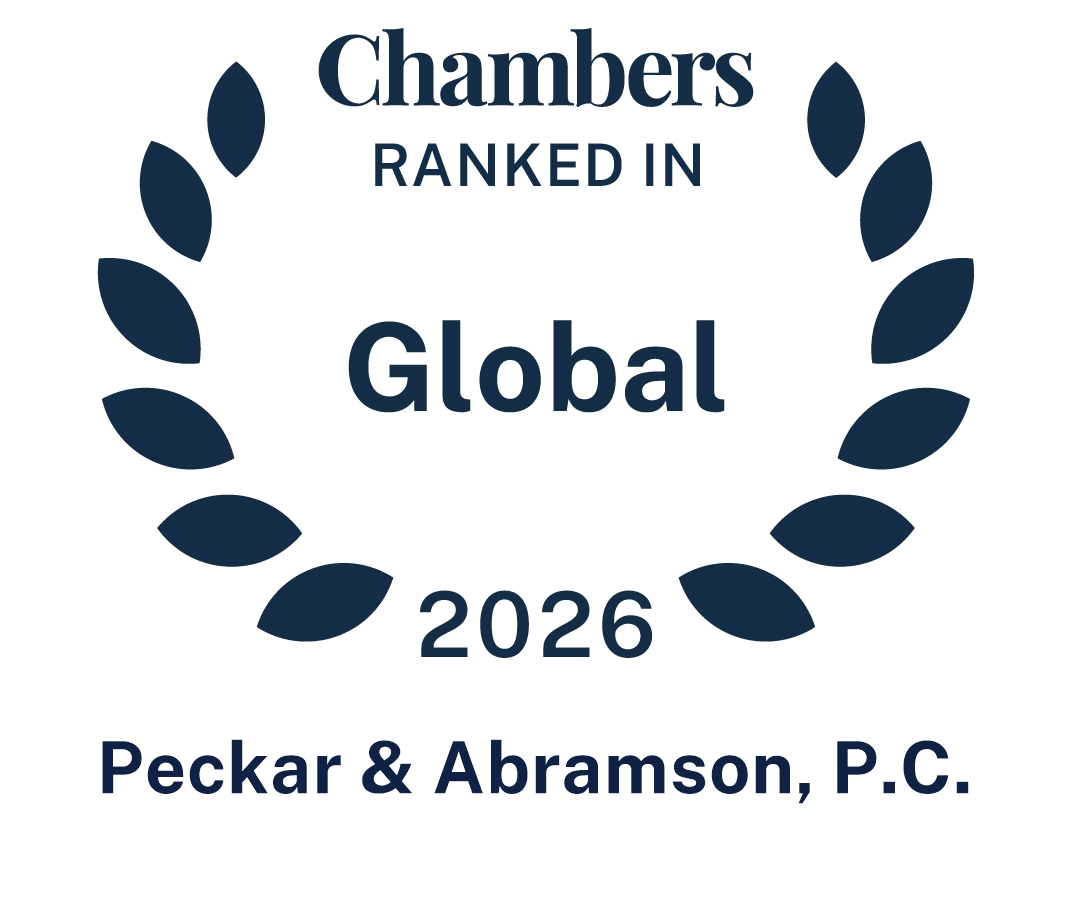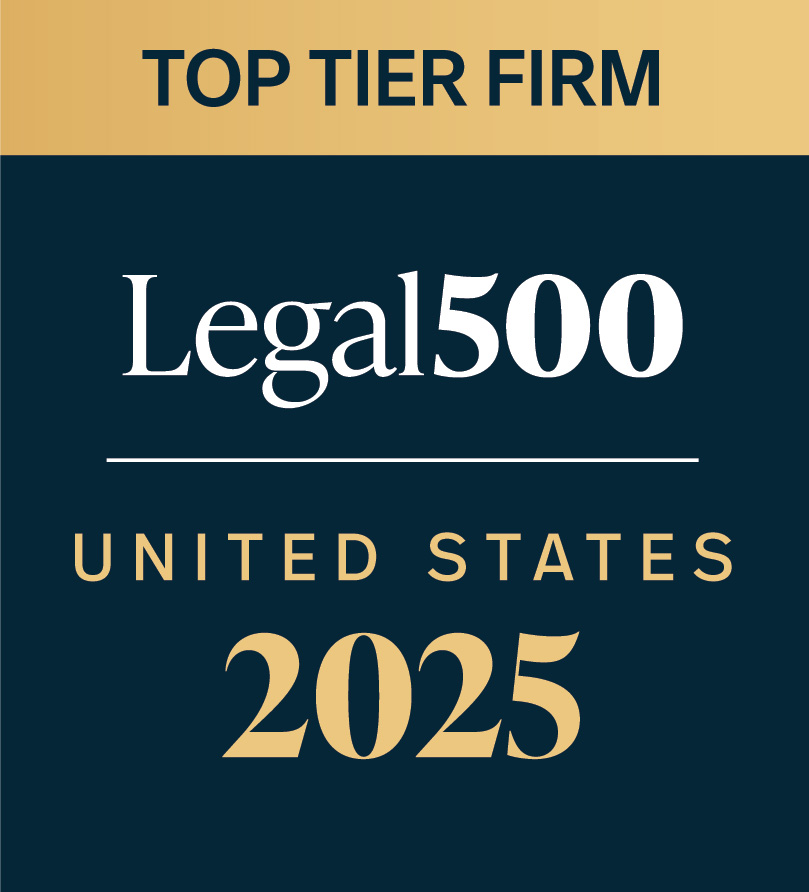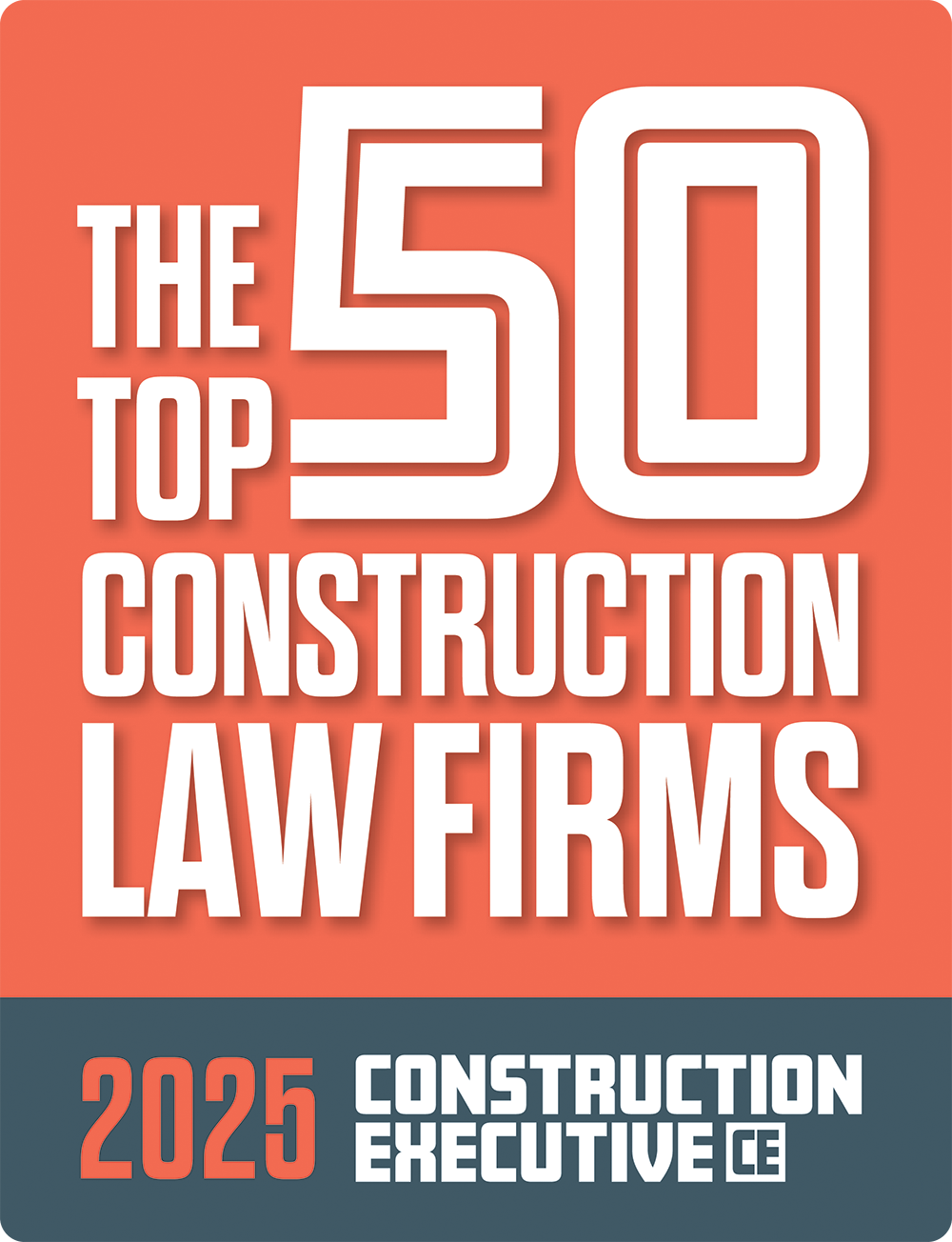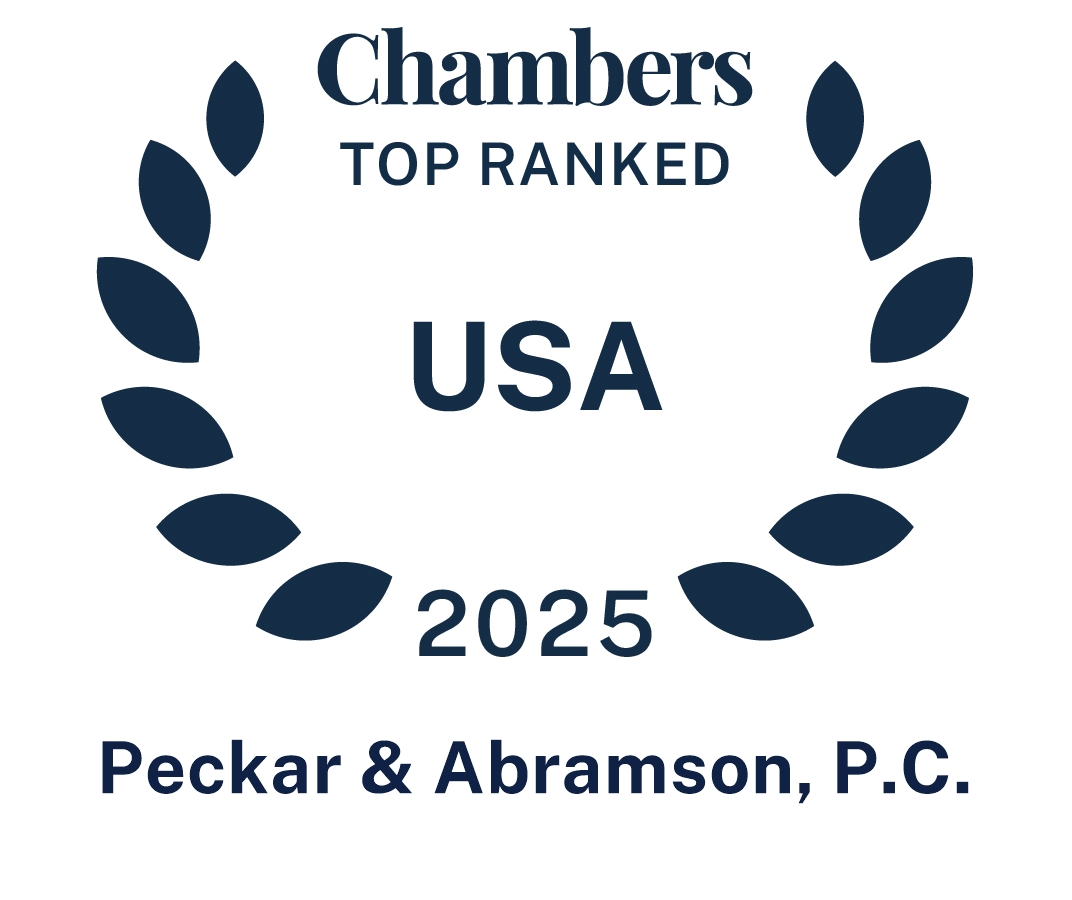Construction & Infrastructure
The Most Experienced and Largest Construction & Infrastructure Practice in the United States – With a Worldwide Reach
First and foremost, we are Construction and Infrastructure lawyers. Our foundation is grounded in the industry and clientele that our founders were drawn to at our firm’s inception — general contractors, construction managers, owners/developers, sureties, specialty suppliers and trade contractors and all entities involved in constructing the built environment in every dimension, public and private.
Experience
From inception through the bitter end of a hard fought litigation or dispute, we regularly handle all forms and all types of Construction and Infrastructure Projects:
- Skyscrapers
- Tunnels
- Power plants
- Hospitals
- Railways
- Chemical process facilities
- Universities
- Bridges
- Stadiums
- Arenas
- Water treatment facilities
- Highways
- Toll roads
- Airports
- Renewable energy facilities
- Resorts
- Manufacturing facilities
- Convention centers
- Pipelines
- Pharmaceutical facilities
- Residential
- Mixed-use
- Nuclear power plants
- The list goes on and on…
We deliver — focused on Construction and Infrastructure, with our Results First® mindset
We counsel clients on every type of project delivery method, including:
- Design-Bid-Build
- Design-Build
- Design-Build-Operate-Maintain
- Integrated Project Delivery
- Build-Operate-Transfer
- Engineer-Procure-Construct (EPC)
- Public-Private Partnerships (PPP or P3)
We deliver practical, no-nonsense, tactical and strategic guidance born of deep industry insight into the law and the industry we have chosen to represent.
Our Construction Dispute Resolution Group has decades of experience helping clients avoid disputes, promote positive relationships, maximize successful results and maintain profitability. We structure, advocate for and defend against complex claims of every type. We mediate, arbitrate, litigate and try cases to achieve outstanding results, again and again.
We draft and negotiate the contracts. We close the deals. We provide guidance, training and risk management support throughout the life cycle of projects. Our Construction Contracts and Risk Management Group is involved in many hundreds of major construction transactions every year. Our decades-long experience coupled with our long-term view provides us with an understanding of the industry in its every nuance and many facets. The breadth of our exposure to every issue that affects the industry affords us a singular perspective.
We recognize that strong working relationships with other project participants are critical to overall success. Beyond providing a winning legal strategy, we facilitate improved business relationships between our clients and their own clients wherever possible.
We spot the industry trends that give our clients a critical edge. When new forms of project agreements are introduced or regulations being formulated, our attorneys often guide the industry. Through our service to the industry, we influence positive changes as regulations are codified.
As industry insiders, we are often well acquainted with those charged with overseeing and regulating the industry and, by having their respect, facilitate critical interchange between our clients and regulators. We leverage our unparalleled knowledge, insight and years of service to the industry to our clients’ advantage at every opportunity.
With over 100 lawyers and offices in 9 major cities across the United States and extensive experience with projects around the globe, Peckar & Abramson has more construction-focused practitioners than any other law firm in the country. Many of our lawyers and other professionals have firsthand knowledge of a client’s perspective — knowledge gained through their experience working in the industry. P&A provides a deep bench and extraordinarily comprehensive expertise.
In Service of the Industry
Our relationships with industry associations, industry leaders and regulators provide us with deep insight into the issues that matter most to our clients. Our pro bono contributions to the construction industry include service to the following industry organizations:
Associated General Contractors of America • Association for the Improvement of American Infrastructure (AIAI) • Associated General Contractors of New York • Associated General Contractors of Florida • Houston Contractors Association • General Contractors Association of New York • Associated General Contractors of Texas • National Contract Management Association (NCMA) North Texas Chapter • New York Building Congress • Associated General Contractors of California • Building Trades Employers Association of New York • Associated Construction Contractors of New Jersey • New York Construction Alliance • Design-Build Institute of America (DBIA) • TEXO • Dallas Bar Association • New York City Bar Association • Lean Construction Institute • Construction Leaders Council, AGC of New York and Texas • ACE Mentor Program Of Greater New York • Numerous other state and regional associations and committees.
Loyalty and Commitment
Clients that started with us at the beginning, and those that have given us the opportunity to assist them every year since, have stayed with us. The reason: Since we opened our doors, we have offered our clients the highest levels of legal knowledge, value and attentive service, along with our full commitment to obtaining the best possible results. We still do.
Peckar & Abramson was uniquely founded on the goal of delivering real-world, no-nonsense advice and counsel to the construction industry. We take pride in our well-known Results First® mindset and our commitment to excellence. At every level of the firm, our lawyers and staff are dedicated to these guiding principles and the industry we have chosen to represent.
STEVEN M. CHARNEY
Chairman
New York, NY
Professionals
Partner
Angela A.L. Connor
Partner
Co-Managing Partner, New Jersey Office
Robert A. Drucker
Co-Managing Partner, New Jersey Office
Co-Managing Partner, Texas Offices
Denis G. Ducran
Co-Managing Partner, Texas Offices
Senior Counsel
Richard D. Eiszner
Senior Counsel
Senior Associate
Nadia Ennaji
Senior Associate
Associate
Luisa M. Florez
Associate
Senior Associate
Kevin M. Foltmer
Senior Associate
Of Counsel and Co-Chair - Culture, Career Development & Inclusion Committee
Melinda S. Gentile
Of Counsel and Co-Chair - Culture, Career Development & Inclusion Committee
Senior Associate
Steven Gentoso
Senior Associate
Related Practice Areas
and Services
